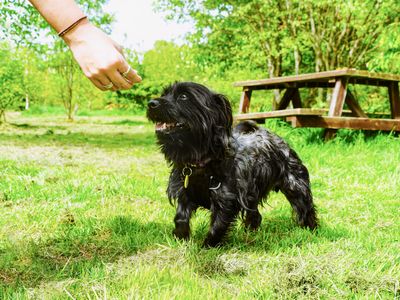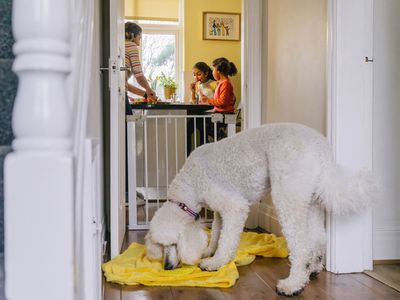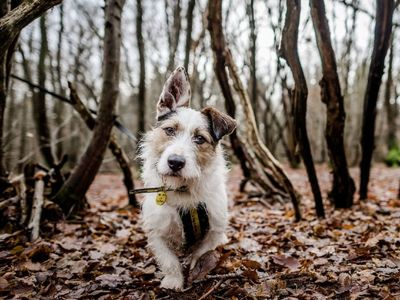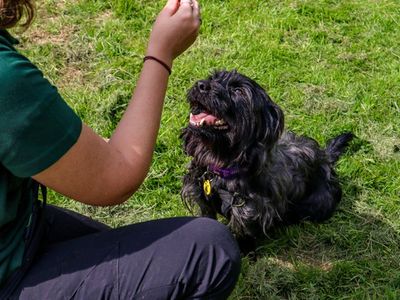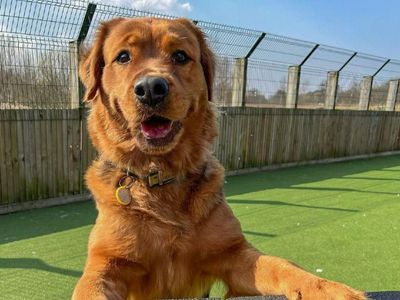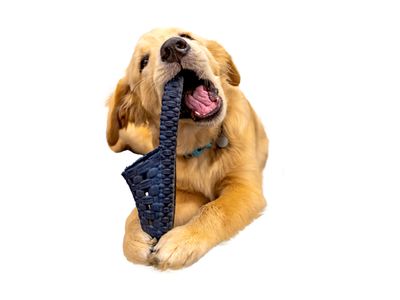
Need support?
Need help with your dog’s training or behaviour? Contact our free Behaviour Support Line.
Sometimes our beloved pups can’t understand that what they’re doing is less than ideal in our eyes. Find out how to stop unwanted behaviours, and how to find additional support from an expert behaviourist or trainer.
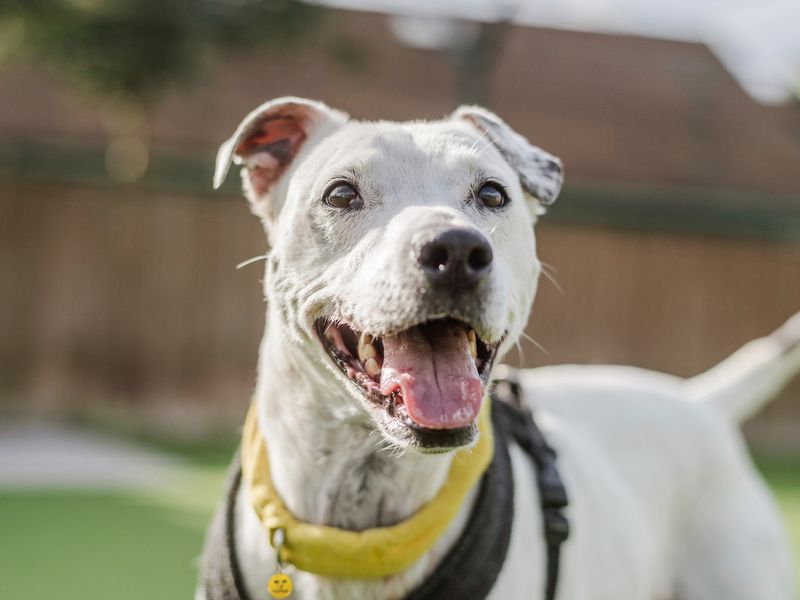




Need help with your dog’s training or behaviour? Contact our free Behaviour Support Line.
